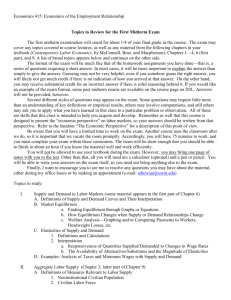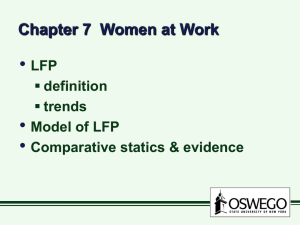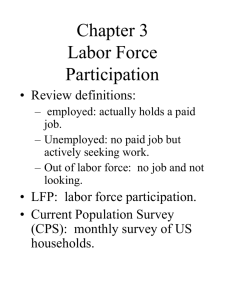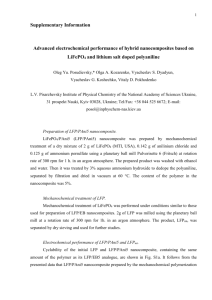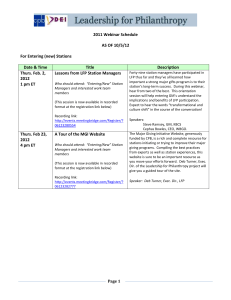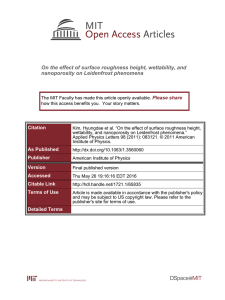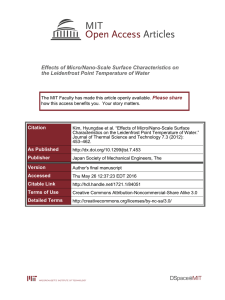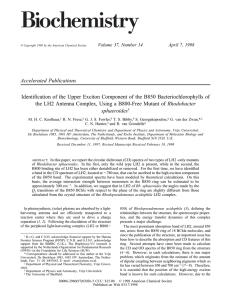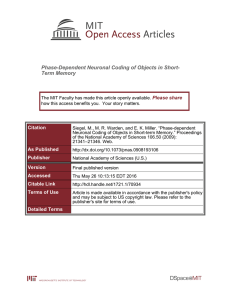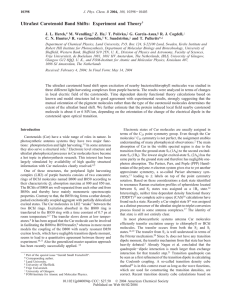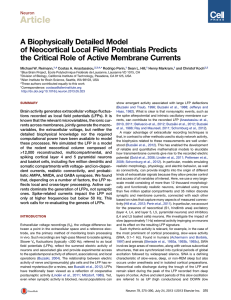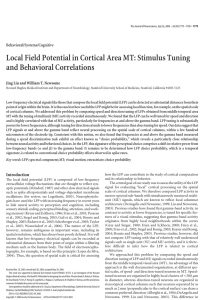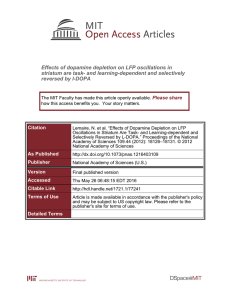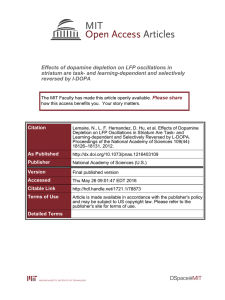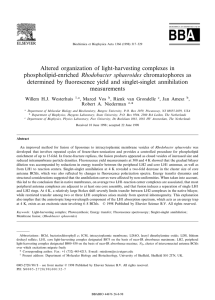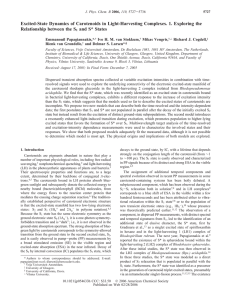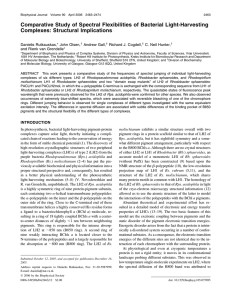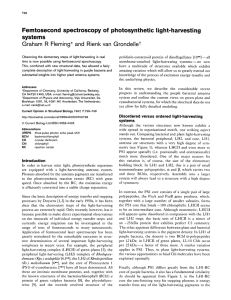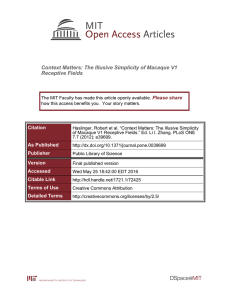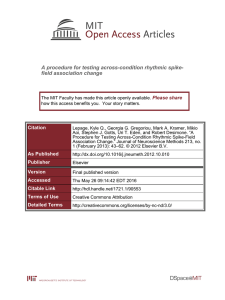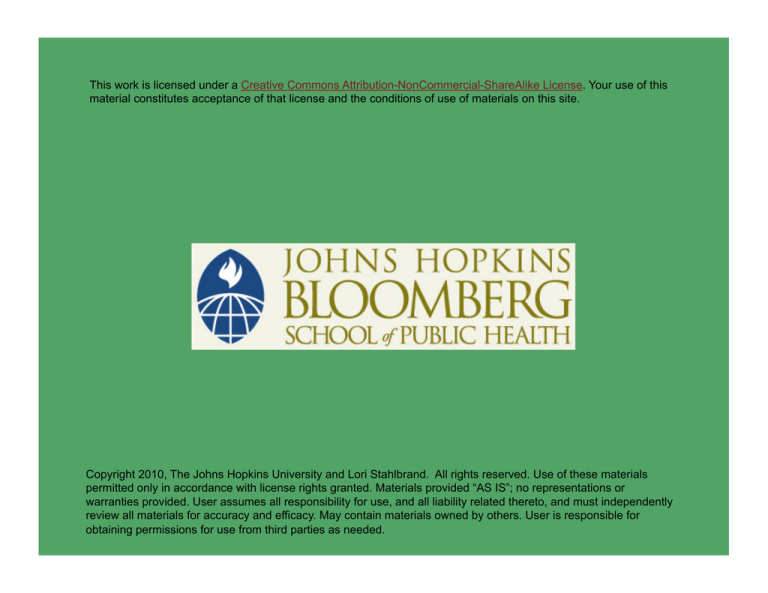
This work is licensed under a Creative Commons Attribution-NonCommercial-ShareAlike License. Your use of this
material constitutes acceptance of that license and the conditions of use of materials on this site.
Copyright 2010, The Johns Hopkins University and Lori Stahlbrand. All rights reserved. Use of these materials
permitted only in accordance with license rights granted. Materials provided “AS IS”; no representations or
warranties provided. User assumes all responsibility for use, and all liability related thereto, and must independently
review all materials for accuracy and efficacy. May contain materials owned by others. User is responsible for
obtaining permissions for use from third parties as needed.
Section E: Growing Local Sustainable Food
Systems—The LFP Approach
Lori Stahlbrand
Local Food Plus
The Bounty of the Harvest
Photo by Jeff Goldman. Creative Commons BY-NC-SA.
3
A Financially Unsustainable Food System
Net farm income for Canadian farmers: 1956–2001
Only 7,000 farmers in Ontario are under age 35 (out of more than
82,000)
4
An Environmentally Unsustainable Food System
Photo by Alan Taylor. Creative Commons BY.
Water pollution
Soil degradation
Loss of
biodiversity
Climate change
5
Urban Sprawl
Half of Canada’s class 1 farmland is in Southern Ontario
Almost all of it is under threat from urban sprawl
Photo by Rebecca Wilson. Creative Commons BY.
6
A Sustainable Food System
Primarily local
Financially viable for all stakeholders
Operates with ecological integrity
Socially responsible
Respectful of other species
7
The LFP Approach
8
The LFP Mission
To scale up local sustainable food systems by linking farmers and
processors with local purchasers, especially institutional purchasers
9
LFP Certification Standards
Employ sustainable production systems
Provide healthy and humane care for
livestock
Provide safe and fair working conditions
Protect and enhance wildlife and
biodiversity
Reduce energy consumption and
greenhouse gases
10
LFP Certification Standards
Employ sustainable production systems
Provide healthy and humane care for
livestock
Provide safe and fair working conditions
Protect and enhance wildlife and
biodiversity
Reduce energy consumption and
greenhouse gases
11
LFP Certification Flow Chart
12
University of Toronto/LFP Partnership, September 2006
13
University of Toronto/LFP Partnership, September 2006
14
Il Fornello/LFP Partnership, June 2007
15
Fiesta Farms/LFP Partnership, October 2007
16
City of Markham/LFP Partnership, June 2008
17
Peel District School Board/LFP Partnership, 2009
18

